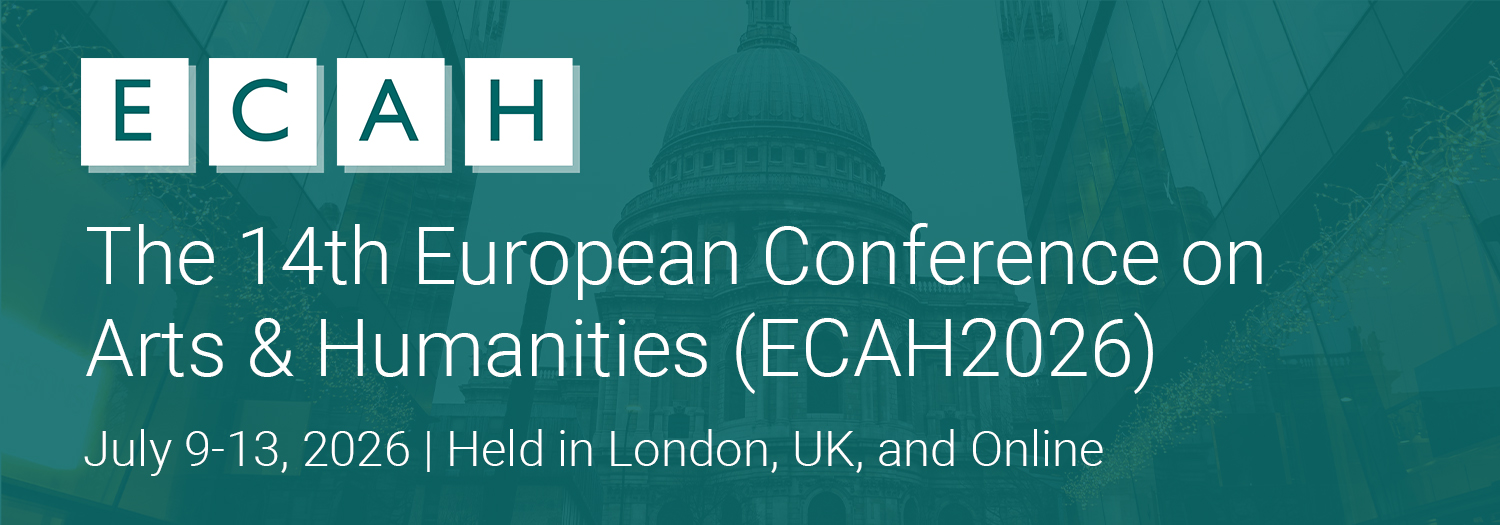Presentation Schedule

A Comparative Study of Dewey’s and Habermas’s Democratic Theories: Implications for Civic Education in Participatory Democracy (95780)
Session Chair: Zachery Spire
Saturday, 12 July 2025 12:35
Session: Session 2
Room: UCL Torrington, B09 (Basement Floor)
Presentation Type:Oral Presentation
This study presents a comparative analysis of John Dewey’s theory of participatory democracy and Jürgen Habermas’s theory of communicative action, focusing on their implications for civic education within deliberative democratic frameworks. Both theorists emphasize the centrality of rational public discourse in shaping collective understanding and value formation. Dewey advocates participatory problem-solving through experiential inquiry, where deliberation fosters “social intelligence” within communities. Habermas articulates a procedural model of rational discourse governed by validity claims—comprehensibility, truth, rightness, and sincerity—that guide consensus-building around norms and action. Despite their shared commitment to communicative rationality, Dewey and Habermas offer different epistemological and institutional perspectives on democracy. Dewey’s pragmatism emphasizes context-sensitive, reflective inquiry rooted in lived experience, while Habermas’s universal pragmatics presupposes idealized discourse conditions that may overlook socio-political complexities. Using a comparative hermeneutic methodology, this paper engages both primary texts and secondary scholarship to examine how each thinker addresses the challenges of modernity and democratic deficits. The analysis unfolds on three levels: (1) a conceptual comparison of their communication models and views on the public sphere; (2) a normative evaluation of their respective democratic reform proposals; and (3) a practical synthesis aimed at developing a civic education framework. The study concludes by proposing a pluralistic approach that integrates Dewey’s experiential learning with Habermas’s discourse ethics. This synthesis offers concrete curricular principles for fostering participatory democratic engagement, helping bridge the gap between normative ideals and educational practice in both classroom and civic life.
Authors:
Huang-Kun Chang, University of Taipei, Taiwan
About the Presenter(s)
Huang Kun Chang, Professor of Education at the University of Taipei, researches critical theory, ethics, and moral education. His current project compares Dewey’s and Habermas’s views on communicative democracy and democratic competence.
See this presentation on the full schedule – Saturday Schedule





Comments
Powered by WP LinkPress